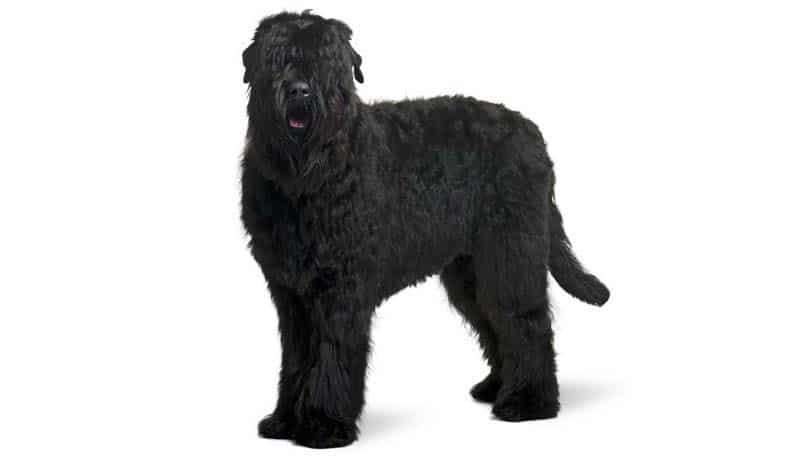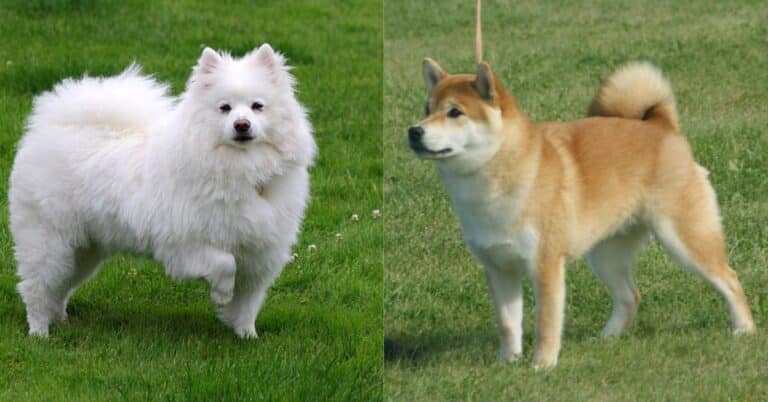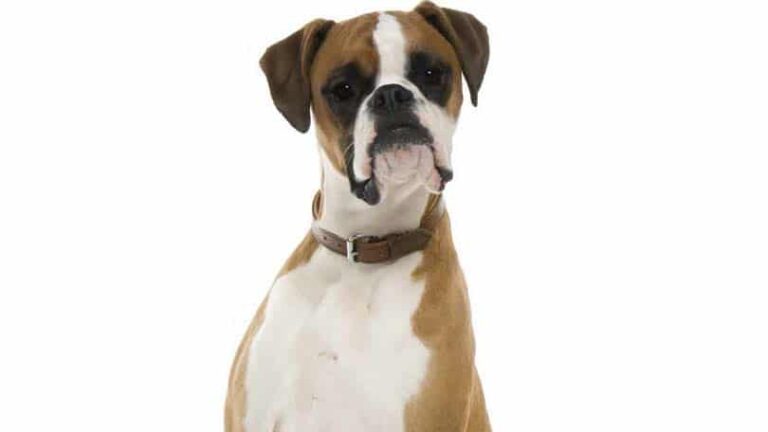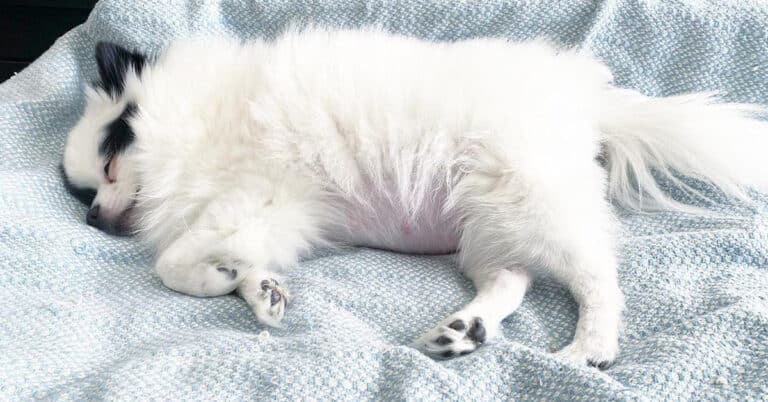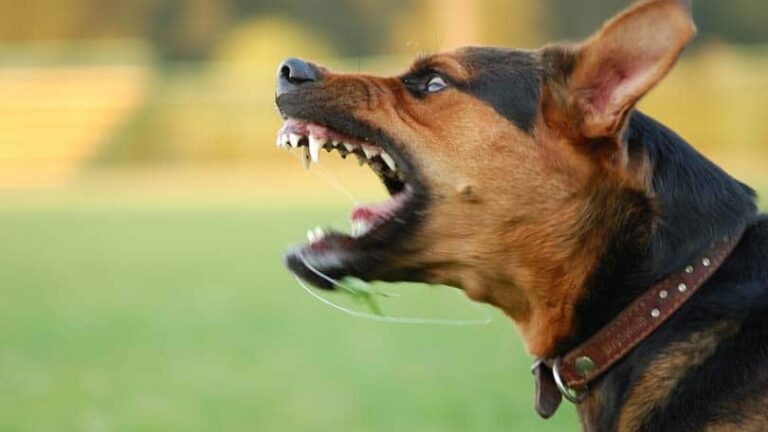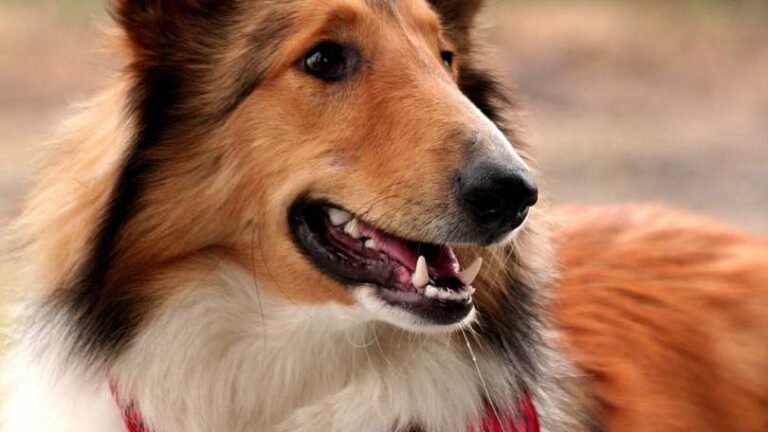Is Dental Care Really All That Important for My Dog?
Imagine the state of your mouth if you never brushed your teeth and never visited the dentist – yuck! Bad breath, plaque, tartar, gingivitis, periodontal disease, and painful broken or loose teeth can all be left undiagnosed and untreated when routine dental care is ignored. And don’t forget that your dog’s mouth is connected to the rest of its body. Some types of liver, kidney, and heart disease are much more common in dogs with dental disease than in those with healthy mouths.
Good dental care starts at home. Puppies and even most adult dogs can be trained to accept daily tooth brushing. Use a soft, small toothbrush (e.g. those designed for pets or young children), a rubber “brush” that slides over a finger, or even a piece of gauze or a washcloth with a small amount of doggie toothpaste applied to it. Do not use human toothpaste because dogs do not like the taste, and they can swallow more than is healthy for them. You do not need to clean the inner surface or bottom of the teeth, only the part that lies next to the lips and cheeks. A gentle, circular scrubbing works well. Feeding dry rather than moist food can help dogs keep their own teeth clean as they chew. Special dental diets, treats, and chews all also help promote good oral hygiene, but they do not replace the need for daily tooth brushing.
If while you are brushing your dog’s teeth, you notice an accumulation of brown material on the teeth that won’t easily come off, a red line along the gum’s edge, or any other abnormalities, it is time to take your dog to the veterinarian. Doctors will recommend a dental prophylaxis (i.e., complete oral exam and teeth cleaning) if they see plaque, tartar, signs of inflammation and infection, or broken or loose teeth. General anesthesia is necessary so the veterinarian can thoroughly examine the mouth, scrape plaque and tartar from the teeth (including that which is located under the gum line), polish the teeth, and perform any other diagnostic (e.g. dental x-rays) or therapeutic (e.g. tooth extraction) procedures that may be required. Don’t let the thought of anesthesia deter you from getting your dog’s teeth cleaned. In general, the risks and discomfort of living with a diseased mouth are much higher than those that are associated with modern anesthetic protocols.

Having discovered a fondness for insects while pursuing her degree in Biology, Randi Jones was quite bugged to know that people usually dismissed these little creatures as “creepy-crawlies”.

